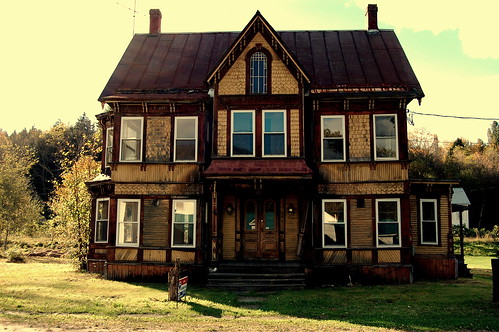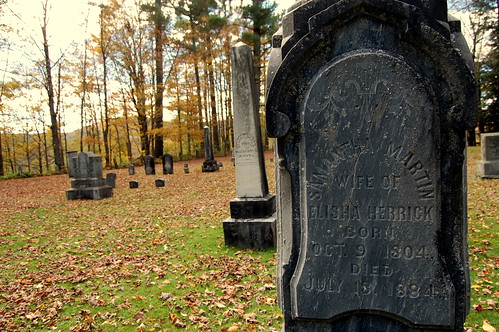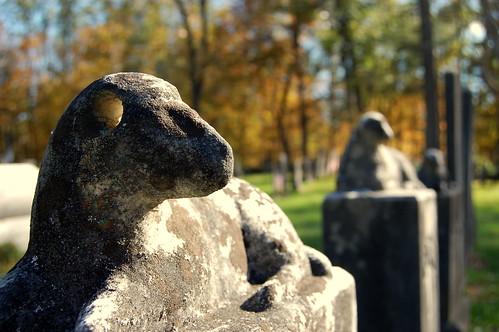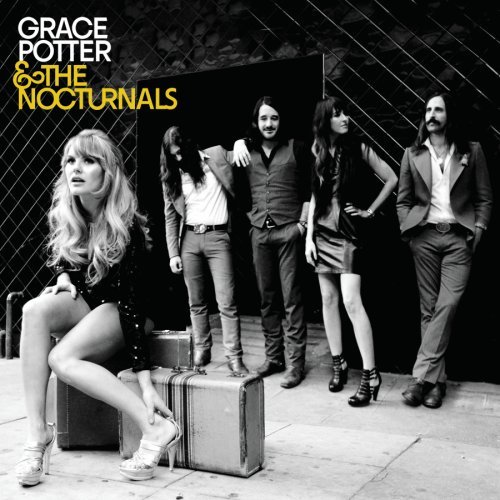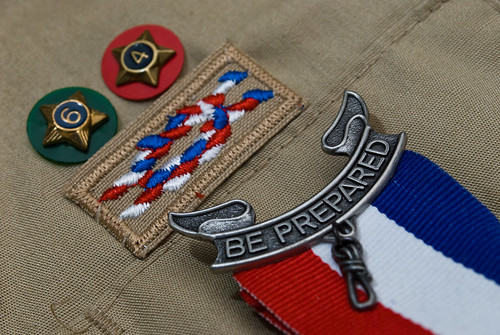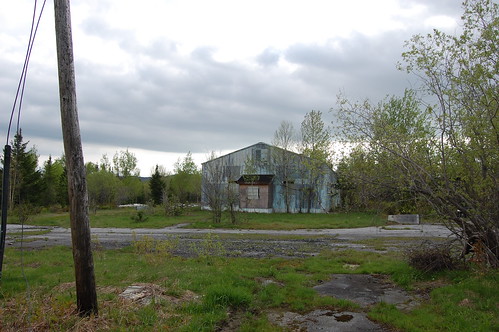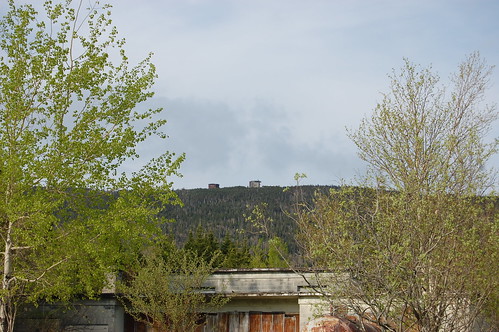So, this year, I read a total of 21 books, far below the total number that I was shooting for - around 40 or so. There are some large gaps - February, March, May, and much of the fall, which coincides nicely with the numerous writing projects that I had going on throughout the year. With this coming year, I'm hoping to read quite a lot more as my schedule allows, and I've got quite an extensive list, as I've been steadily expanding my own personal library - I'm up to 748 books now. That number is sure to grow in the next 12 months.
1 - Luke Skywalker and the Shadows of Mindor, Matthew Stover (1-2)
This was probably the last Star Wars book that's come out that I've really liked. Stover is always an interesting writer, and here, he takes cues from some of the earliest Star Wars books and plays up the pulp factor. This one is fast, engaging and entertaining. In a nutshell, it harkened back to the Bantam Spectra days of Star Wars literature, and that's a good thing. I've got a huge backlog of books from the series that I just haven't gotten around to reading, simply because I'm not all that interested anymore.
2 - Jonathan Strange and Mr. Norrell, Suzanna Clarke (1-11)
Jonathan Strange is by far one of my favorite books of the decade, and one of the greatest fantasy books since J.R.R. Tolkien. Elegantly written, plotted and conceptualized, Clarke has put together a masterpiece. It took me several years to get through the first half of this book, but when I finally sat down to read it, I absolutely couldn't put it down. I can't wait to read it again.
3 - The Dreams Our Stuff is Made Of, Thomas Disch (1-25)
I completely forgot about this book, and had to look it up - it's a history of Science Fiction. It was interesting, but I took some issue with some of the things that he brought up at times. I can't for the life of me remember what, but I preferred Adam Robert's history of SF. I picked up the book because I was thinking that I was going to be reading and writing more about the origins of Science Fiction, but that never really panned out. Still, it wasn't a total loss of a read, and it did make some good points about the genre.
4 - Firearms: A Global History to 1700, Kenneth Chase (1-25)
This was the only school book that I've actually gone back to, to read over again (although there's one other one that I'm planning on reading again), and that's the history of firearms. This book does a bit more than go through the motions of firearms - it examines the impact on tactics and the makeup of armies (it was revolutionary) and how the technology travelled from Asia to Europe. I used for a couple of my classes and it's highly engaging, interesting and informative.
5 - Wired for War, PW Singer (3-19)
PW Singer's book on Robots in Warfare was a fantastic book, easily one of my favorites and something that I'll read in the future. Exceptionally thought out and researched, it not only looks at robotics, but the military command structure and environment, which to me, is far more interesting, and gives the book a significant party piece when it comes to talking about the future of the military. I got to see Mr. Singer talk, and he signed my book, and had a blast doing it.
6 - It's Been A Good Life, Isaac Asimov (4-1)
Asimov's shorter biography, this was a quick reread that I'd wanted to do for a while. His life is pretty interesting, from his experience with the military to his start as a writer. Asimov is one of my absolute favorite Science Fiction writers, and it's interesting to see some of the behind the scenes elements to his works. It's a little self-indulgent, I think, but worth reading all the same.
7 - The Catch, Archer Mayor (4-7)
Archer Mayor's book from last year, this was another fun book from him. This one introduced a couple new characters and themes, but I liked this year's better - this one was ultimately forgettable, until this year's Price of Malice, and the plot fell pretty flat for me. I think that the two of them could have been combined to become one novel, and it would have worked much better. It's a good reminder that I really need to read some of the older ones again.
8 - It Happened In Vermont, Mark Bushnell (4-16)
This is a book of historical thumbnails on Vermont. Lots of fun information on a variety of topics throughout the state's history, but it misses some crucial ones that will be historically relevant in the coming years. The earlier elements provide quite a bit of detail, and some good stories about this state, but honestly, how does one not include something like Civil Unions?
9 - The Soloist, Steve Lopez (4-27)
There was a movie based off of this, which looked good, and the book was only a couple of dollars in the bargain pile. It is the story of a reporter for the LA Times and a Schizophrenic man who was a musical prodigy and provides an interesting look at the homeless and LA.
10 - The Book of Lost Things, John Connolley (5-28)
I really enjoyed this fantasy book by John Connolley - It's quite a dark book, but I like that. It takes a number of fantasy fairy tales, such as the knight in shining armor, the seven dwarves and a couple others, and puts a new, modern twist on them in a way that reminded me of Pan's Labyrinth.
11 - Rocket Men, Craig Nelson (6-13)
This book was instrumental in my capstone and my thinking about space. This is the story of the Apollo 11 mission, and talks a lot about the mission beforehand. I gather that there are some inaccuracies, but I'm willing to let that slide because of some of the concepts that he brings up - the economics of a space program, for example.
12 - The Graveyard Book, Neil Gaiman (6-15)
Neil Gaiman's latest book was a delight to read - a wonderfully dark young adult novel that's been nominated for a number of awards, about a boy who grows up in a graveyard. I wonder when a movie will be made of this one.
13 - Explorer's House: National Geographic and the World It Made, Robert Poole (7-29)
This is the type of history that I really like - looking at the world through a much smaller thing, and what is more influential than the National Geographic? This book traces the magazine and society's history from the beginning to the present day, and gives a very interesting insight to both.
14 - The Magicians, Lev Grossman (8-19)
I loved this book, a modern, dark, brooding and realistic fantasy tale that takes points from the best of Harry Potter and Chronicles of Narnia. Grossman has put forth an interesting entry into the Fantasy genre, and it's become one of my favorites.
15 - Old Man's War, John Scalzi (9-8)
I've rapidly become a fan of John Scalzi because of this book, and his blog, Whatever. This is a pretty ordinary take on the super soldier/ military SF theme, but it's a fun one, and I've already picked up the sequels for some time that I'm in the mood for military Sci Fi.
16 - Consider Phlebas, Iain M. Banks (9-17)
Banks came highly recommended to me, and this book was a fun one to read. Exceptional world building - the pacing was a bit off - and interesting characters. It's an epic space opera and adventure, and I'm looking forward to the next couple books in the series.
17 - The Windup Girl, Paolo Bachaglupi (10-6)
If this book doesn't win a Hugo Award, I'm going to be very, very annoyed. This has to be the best SF book in years, with a brilliant future imagined for the planet, with multiple storylines, politics and motives from the characters. It’s an exceptional book.
18 - The Price of Malice, Archer Mayor (10-11)
Archer Mayor's latest, and one that I really enjoyed, more so than The Catch, and it took on a bit from his earlier books, in my mind. I can’t wait for next year’s book.
19 - The Next 100 Years: A Forecast for the 21st Century, George Friedman (10-19)
Ugh. I didn't like this book that much, but it had some interesting points. I found Friedman's book to be an infuriating read, simply because of the assumptions and things that he missed over. Not highly recommended, but there are some good points that he makes - how to think about history and historical events, for example.
20 - Clone Wars: No Prisoners, Karen Traviss (10-20)
One of Karen Traviss's last Star Wars books, it's an okay entry, nowhere as good as her Commando books. It’s a fun, throwaway reading for an afternoon. I read it in a day.
21 - Traffic: Why We Drive The Way We Do (And What It Says About Us), Tom Vanderbilt (11-1)
The last book that I read last year was back in November, although I have a bunch started that I'm working on getting through. This book is a fantastic one to read - reminded me a lot of Wired for War, in that it's well researched and interesting, and in my mind, essential for anybody who wants to get behind the steering wheel. Already, it's helped me to understand why we drive the way we do, and it's affected how I percieve traffic problems, and how I drive.
That's what I read last year. I've already got quite a list for the coming year, and I'm excited to see how many I get through.
 I've sold a new article to the Norwich Record, titled Out of the Ashes: How an Irish Episcopal Priest Saved Norwich University. This was one of the projects that I was working on last fall, and shortly after the start of the New Year, I submitted my final draft. The research phase was interesting: going through archives and piecing together a rather interesting and diverse man that was a central, but forgotten figure in Norwich University and local Vermont history.
I've sold a new article to the Norwich Record, titled Out of the Ashes: How an Irish Episcopal Priest Saved Norwich University. This was one of the projects that I was working on last fall, and shortly after the start of the New Year, I submitted my final draft. The research phase was interesting: going through archives and piecing together a rather interesting and diverse man that was a central, but forgotten figure in Norwich University and local Vermont history.

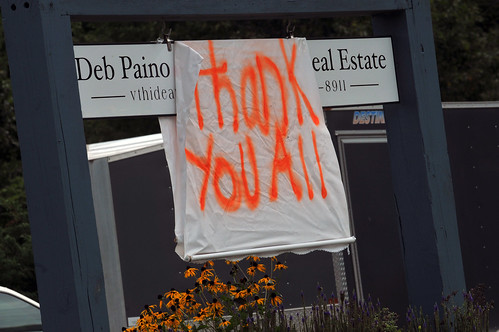 This past weekend, I was able to volunteer in both Waterbury and Moretown, two towns that are struggling with the floods. The aftermath was heartbreaking. My hometown was inundated with upwards of 7 feet of flood waters in places, and many other communities around the state were under water, with roads flooded, houses swept away, and businesses destroyed.
This past weekend, I was able to volunteer in both Waterbury and Moretown, two towns that are struggling with the floods. The aftermath was heartbreaking. My hometown was inundated with upwards of 7 feet of flood waters in places, and many other communities around the state were under water, with roads flooded, houses swept away, and businesses destroyed.

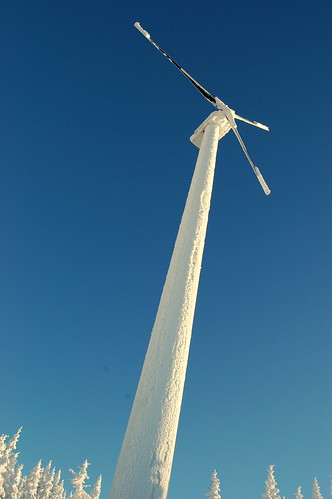
 I'm not voting for Brian Dubie today. I can't say that I'm terribly enthused for voting for his opponent, Peter Shumlin, because the prospect of a unified House, Senate and Governor in the state also isn't all that terribly appealing to me. However, that fear isn't outweighed by the fear of not a Republican in the office again, but by an incompetent one.
I'm not voting for Brian Dubie today. I can't say that I'm terribly enthused for voting for his opponent, Peter Shumlin, because the prospect of a unified House, Senate and Governor in the state also isn't all that terribly appealing to me. However, that fear isn't outweighed by the fear of not a Republican in the office again, but by an incompetent one.


